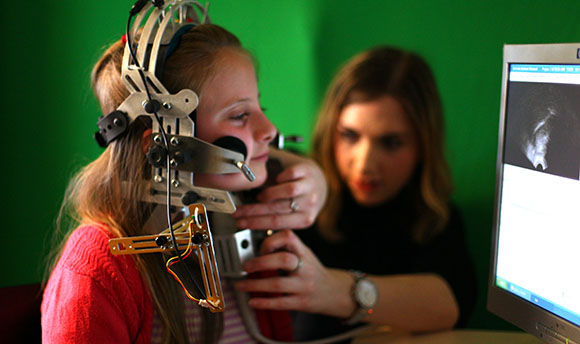Alan Wrench is a Consultant Professor within the Division of Speech and Hearing Sciences.
- Overview
- Research Interests
- Teaching & Learning
Professor Alan Wrench obtained a BSc Hons in Electrical and Electronic Engineering from the University of Edinburgh in 1984 and specialised in speech signal processing, obtaining a PhD on that topic from the same department in 1989. At the Centre for Speech Technology Research, University of Edinburgh, he worked on the processing of speech acoustics for automatic speech recognition systems and speaker verification systems and on visual feedback of speech sound accuracy for clients such as glossectomee patients. In 1995 he moved to Queen Margaret University and the focus of his research widened to include processing signals from various types of speech analysis instrumentation.
At Queen Margaret University Dr Wrench was responsible for constructing and utilising a combination of instruments for measuring speech articulatory movements and the author of the MOCHA articulatory database.
After a short period working in industry developing automatic speech recognition systems, he returned to Queen Margaret University to take charge of the development and support of EPG and in Autumn 2003 this enterprise was successfully spun out from the university to become an autonomous business, Articulate Instruments Ltd.
The company focuses on the development of electronics, headsets, software and computer processing techniques for recording, analysing and visualising speech and swallowing articulation.
Professor Wrench’s current research interests include investigation of neuromuscular control of movement and the mechanisms facilitating motor learning and performance, by means of novel instrumentation and biomechanical modelling with special interest in the myoarchitecture and neuromuscular function of the tongue and other speech articulators.
Professor Wrench has no teaching duties. He advises and supports student projects in the Division of Speech and Hearing Sciences at Honours, MSc and PhD levels.



